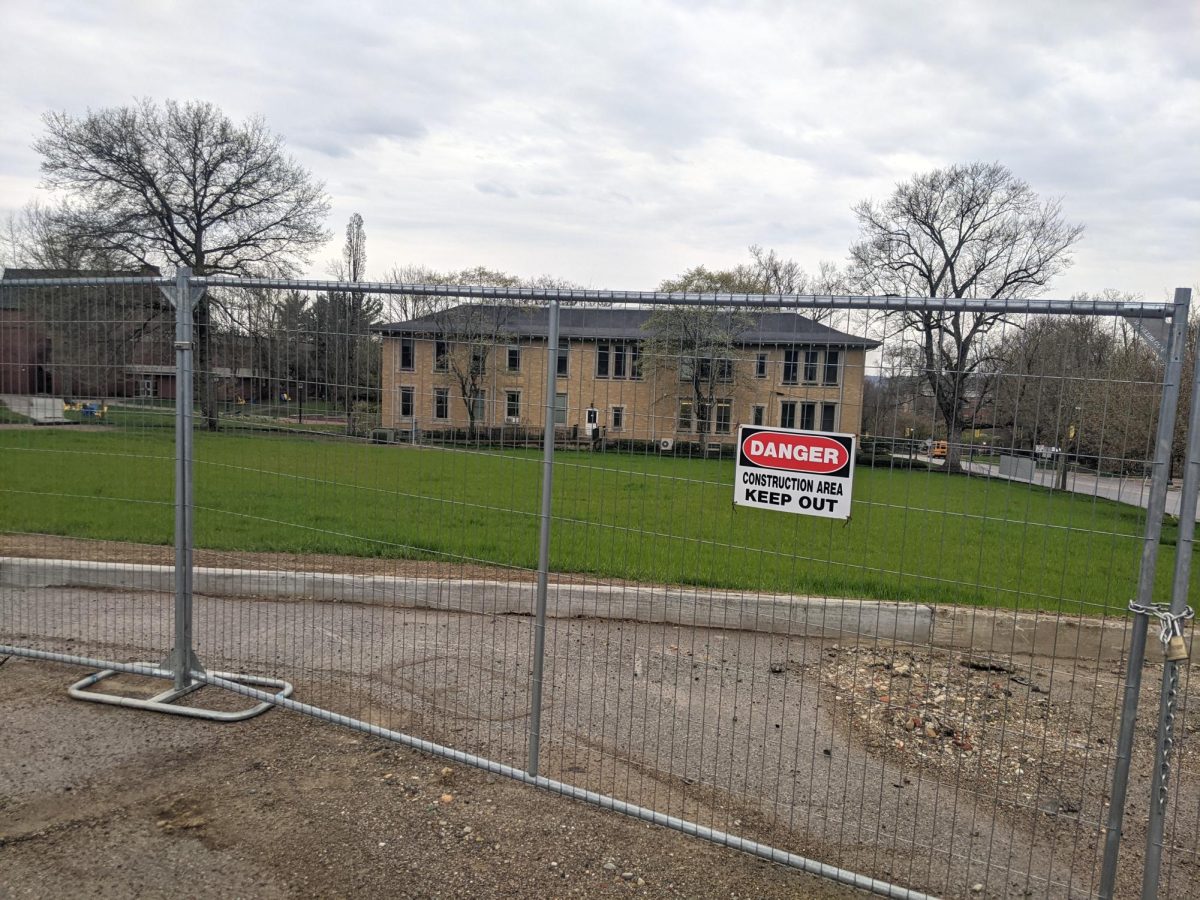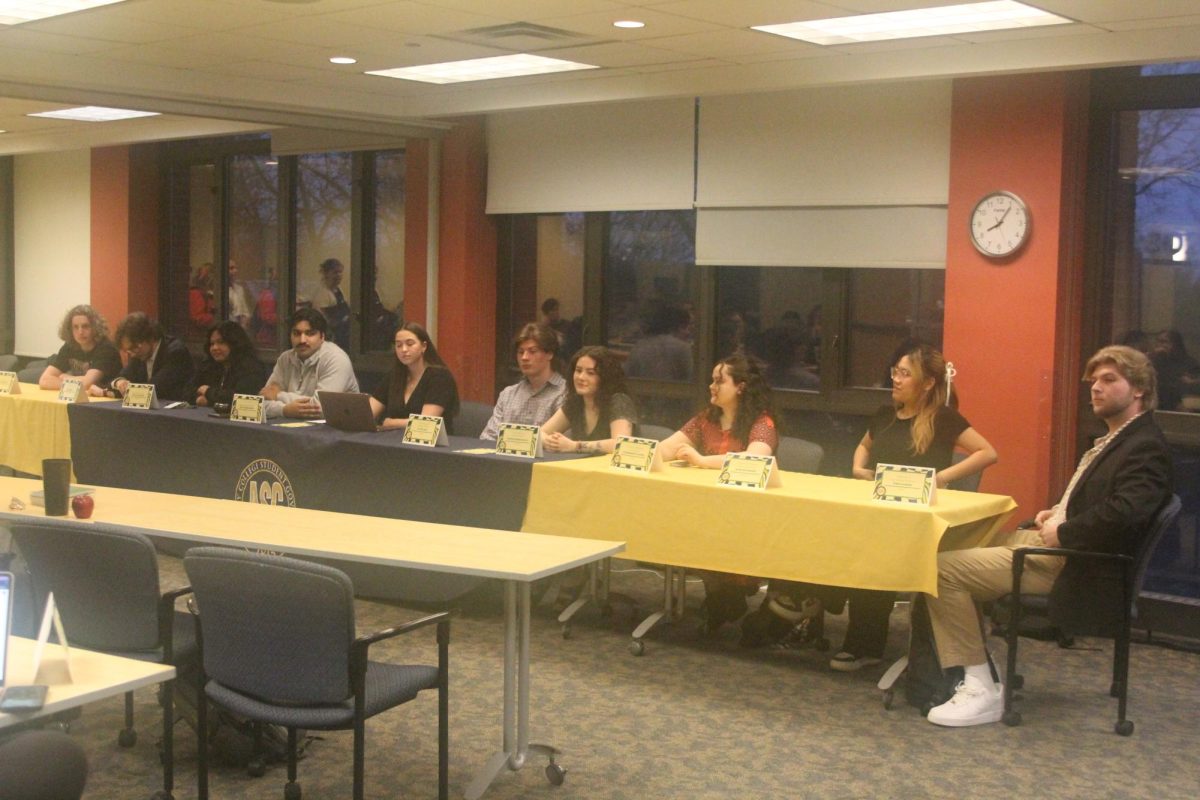By ALI MALIK and SAM HUNGERFORD
[email protected]
[email protected]
The steadily increasing number of students who bring laptops to class in place of pens and notebooks has sparked a new debate between professors, students, and departments: what should Allegheny’s policy on computer use be?

Supporters say that it supports multi-media lesson plans and facilitates note-taking while opponents say that laptops distract students from the classroom, enticing them to check e-mails and Facebook.
“Students already spend countless hours in front of their screens,” said Political Science Professor Dan Shea. “The class should be an opportunity for each person to relax, think, look up, and talk confidently with each other.”
Rather than simply taking notes, as students are prone to do when working on the computer, Shea believes that students should be engaged in dynamic discussions that stimulate the mind.
“Laptops compel students to take notes at the expense of truly engaging,” he said. “I am most pleased not when everyone is taking notes quietly, but when they are all talking, discussing, and engaging themselves with the topic at hand.”
Communication Arts Professor Julie Wilson, however, believes that computers can be useful when used responsibly in the classroom. She said that in comparison with her years spent teaching at larger universities, Allegheny’s small classes are conducive to the successful integration of computers into her curriculum.
“It’s very easy for me to observe the entire class and find out if someone is doing something not pertaining to class work,” she said.
In Wilson’s courses, many of which center around the media, computers are a regular part of the classroom experience. Students are encouraged to use their laptops to look up reading assignments, which are posted on Sakai, and short clips of sitcoms, which are analyzed in class.
Wilson stated that she understands computers can be used for the wrong reasons, but she also sees the benefits that could stem from their usage.
“Computers can take away from the learning experience if used incorrectly, but I do encourage students to use them in a meaningful and responsible context because they can help you so much,” she said. “They should not distract anyone but facilitate the learning experience.”
Rather than have a strict, campus-wide policy for classroom laptop use, Shea and Wilson agreed that the choice should be up to each professor and department.
In the Political Science Department, according to Shea, many of the classes are discussion rather than lecture based. Wilson, too, said that the computers should be used appropriately within context of each class. Each department teaches differently and therefore, they must be the ones to determine the validity of computers.
Some students, such as Geoffe Heinzl, ’11, feel that the usefulness of laptops in class depends on the course, professor, and subject being taught.
“Professors teach in a specific way and it’s sometimes beneficial to use a laptop and sometimes it’s not useful, depending on the method they employ,” he said.
Mike Christiansen ’14, agreed.
“We pay nearly $50,000 a year. I think we have the right to bring our computers to class if it is will help us learn,” he said. “If it becomes a distraction to the professor, they have the right to take it away. If the student is bothered, he has the responsibility to speak up.”
Those who support the inclusion of computers into classes point to the increasing need for students to be able to use computers in day-to-day life.
“Allegheny may not want to incorporate tech in the classroom but it is being utilized more and more in the society outside of here. Learning should adapt to advances in society,” said Mike Haas, ’14. “Allegheny has many bright students and I don’t think they would take advantage of computers in the classroom. What the student puts into is what they get out of it. We are not going to help anyone with these barriers. We much teach maturity now so that the students can learn later when they step into the real world.”






